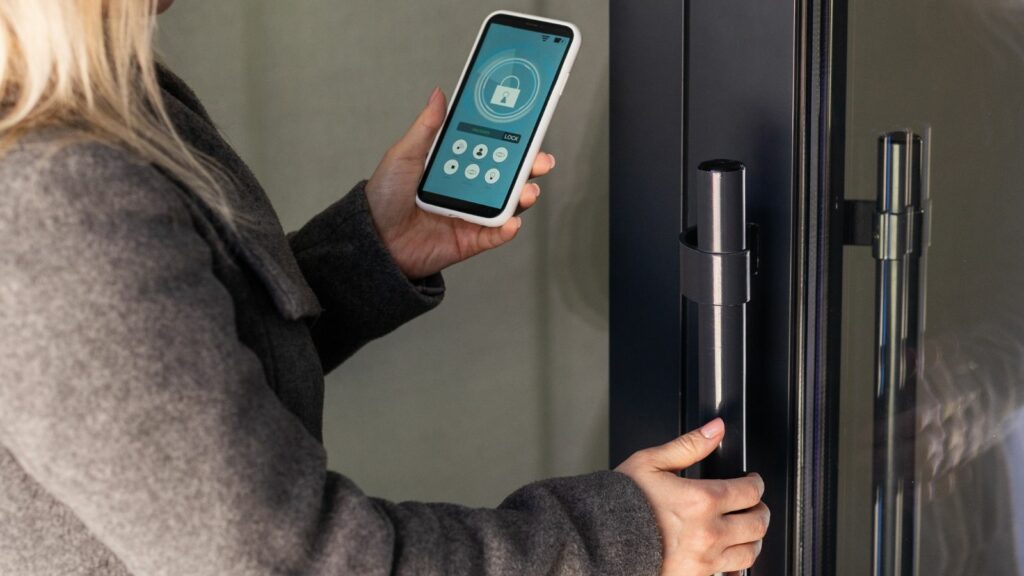Smart home technologies have completely transformed our way of life. These gadgets promise efficiency and convenience, from voice-activated assistants to automatic lighting. However, unstated risks associated with over-reliance on these technologies may exceed the advantages. We’ll discuss 18 unexpected risks in the background of our connected lives.
Increased vulnerability to cyber attacks

Hackers can easily attack smart devices because they frequently lack strong security features. Cybercriminals can use their home network to obtain private video feeds, bank account information, and other information once a device has been compromised. Your digital life could be at risk due to a weak point in your smart home setup.
Privacy Violation

Many smart devices always gather and store data on your habits, interests, and interactions. Sometimes, without explicit user approval, this data may be shared with advertising or other businesses. The outcome is a diminished sense of control over the use of your data and an increasing sense of surveillance.
Dependency on Internet Access
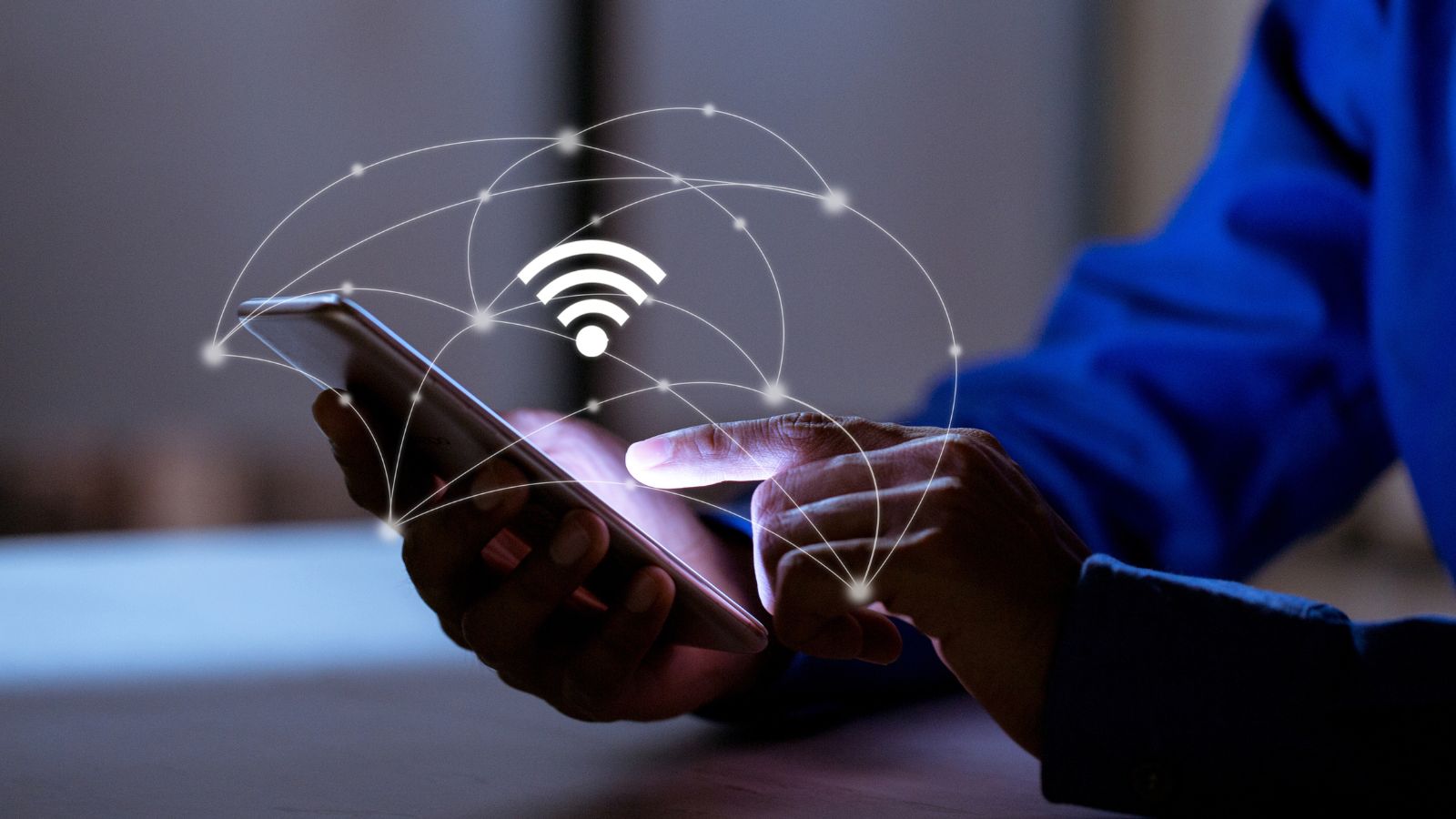
For smart homes to work effectively, reliable internet connections are essential. Simple home tasks like locking doors or regulating the thermostat may become impossible during a Wi-Fi outage. When internet problems occur, this reliance may leave you stranded or inconvenienced.
Overly Complex Simple Tasks

When smart devices act up, simple tasks like turning on a light can become excruciatingly complicated. Comparing conventional, simple techniques to navigating through apps, troubleshooting faults, or resetting devices might feel like a burden.
Excessive Energy Use

Despite energy efficiency claims, smart devices use electricity even when not in use because they are constantly linked and on. Any savings these devices promise to offer may eventually be outweighed by the increased electricity costs brought on by this continuous energy consumption. Your home uses more energy the more gadgets you add.
Hidden Expenses
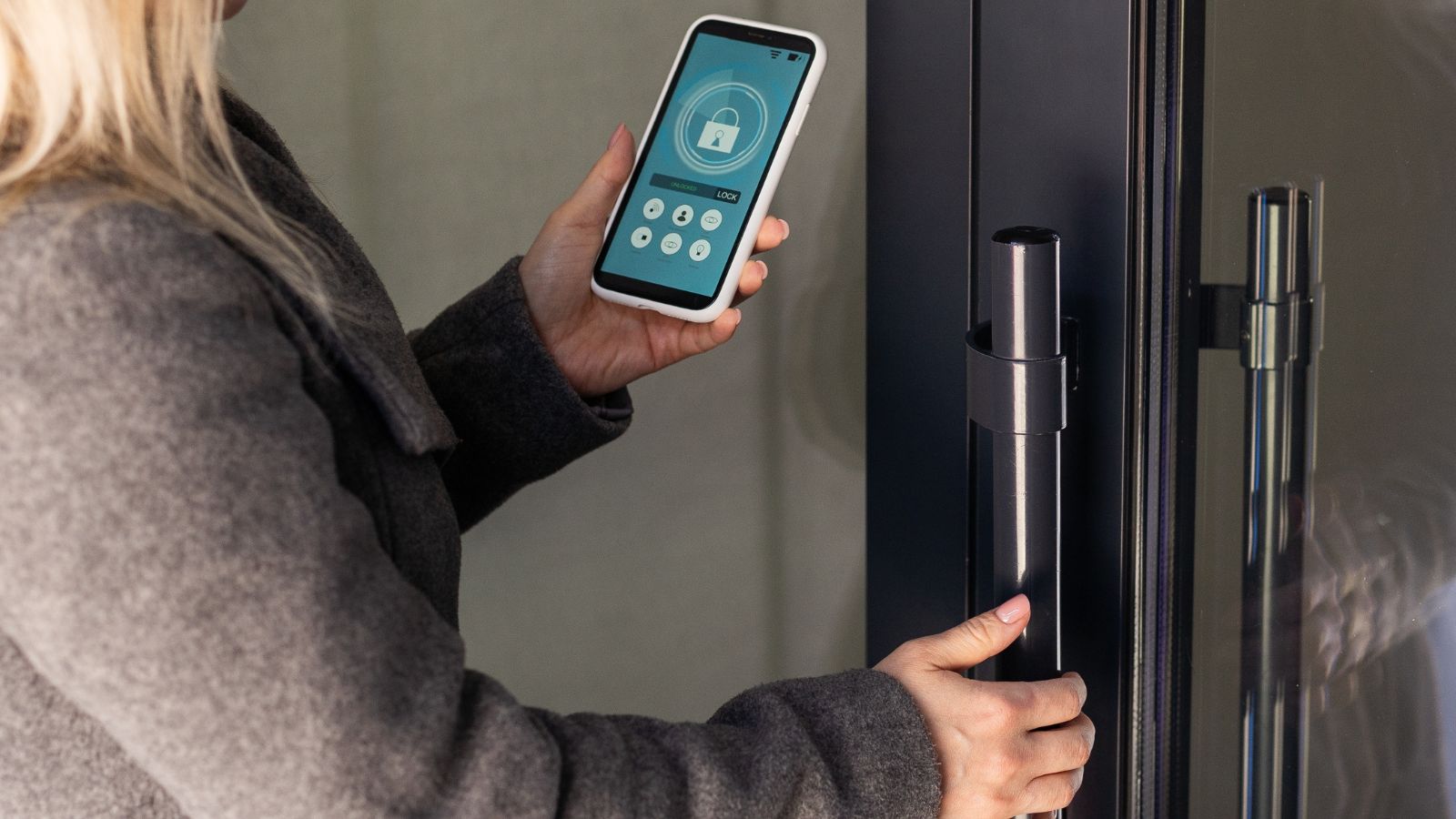
Although they can appear to be one-time purchases, smart devices frequently have recurring costs. Upgrading old devices, maintenance, and subscription fees for premium services can soon mount up. These ongoing expenses can potentially make your smart home a costly commitment.
Reduced Device Lifespan
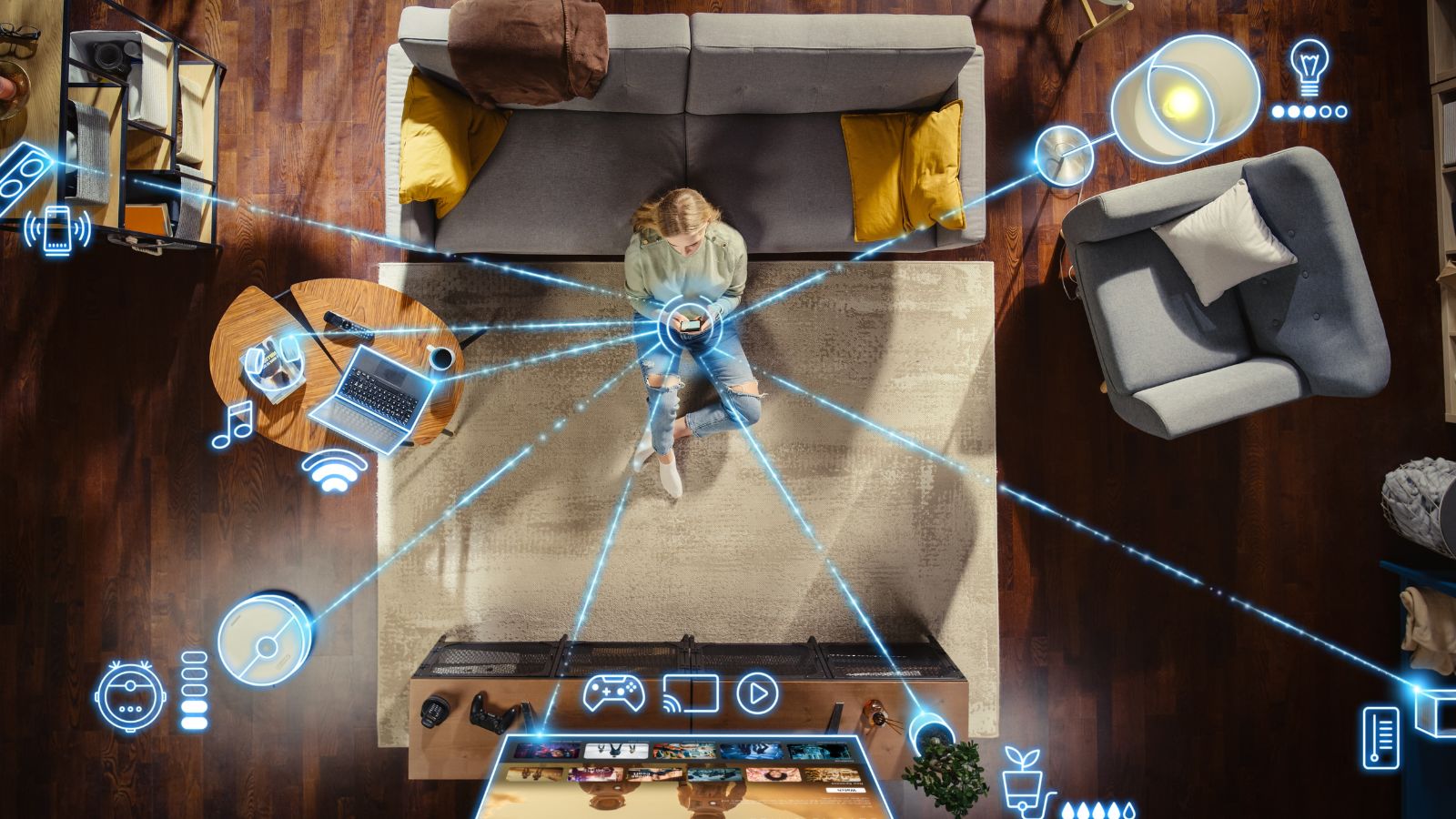
Given how quickly technology develops, smart devices are more likely to become outdated than traditional appliances. Eventually, regular software upgrades can cease, rendering your gadgets incompatible with new operating systems. This contributes to waste and needless expense by forcing users to replace fully functional devices.
Repair Complexity

When smart devices break, they frequently need to be repaired by professionals, which can be costly and require specific knowledge. Fixing smart devices independently is more challenging than fixing older mechanical equipment. This complexity increases expenses and irritation when limited warranties or repairs are unavailable.
Dependency on AI

Smart assistants such as Google Assistant and Alexa aim to mimic human communication. As time passes, users might develop emotional attachments to these gadgets and start to see them as friends. Feelings of loneliness or isolation may result from this attachment and a decrease in in-person social interactions.
Data Breaches

When a data breach occurs, smart devices, especially those without strong encryption, may reveal private data. Hackers can access passwords, bank information, and even private chats. The likelihood of widespread breaches rises as more devices are connected.
Behavioral Monitoring

Numerous smart devices monitor your activities to “enhance” your experience, such as by discovering your preferences or daily routine. Companies are creating comprehensive profiles about your life, even though this can be convenient. This ongoing surveillance may feel intrusive and unpleasant for individuals concerned about their privacy.
Malfunctions Inconvenient Times
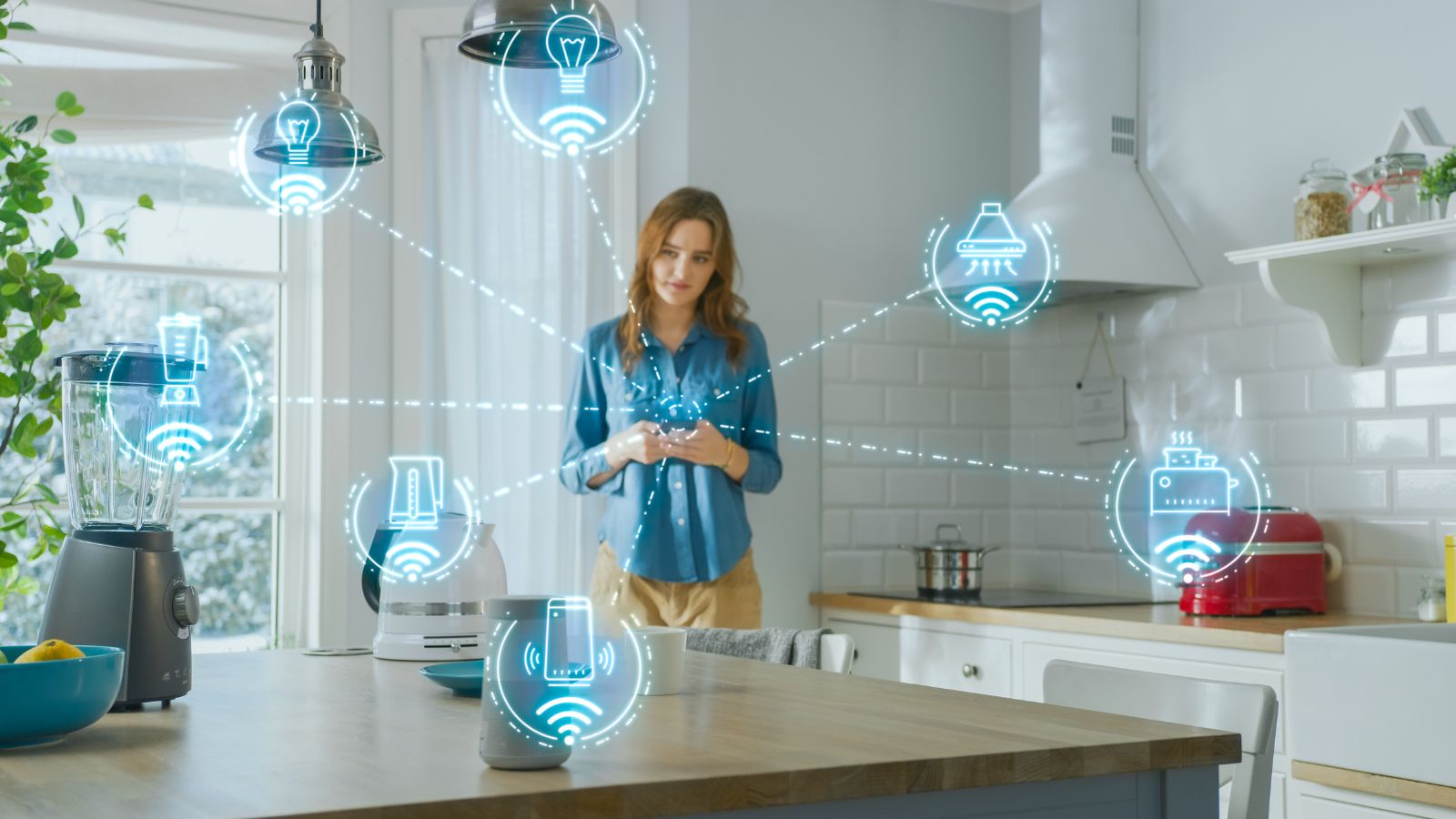
Technical problems can occur with smart devices. There could be major repercussions if a smart lock malfunctions in an emergency or a smart thermostat breaks down in severe weather. These unforeseen malfunctions draw attention to the dangers of depending too much on technology for essential tasks.
Too Many Notifications

Users of smart gadgets frequently receive an inflow of notifications, updates, and reminders. These alerts can become bothersome and distracting, even though their purpose is to keep you informed. Users may become overwhelmed by the digital noise, which makes it difficult to enjoy downtime or concentrate on more crucial duties.
EMF Radiation’s Health Risks

Smart home devices release electromagnetic fields (EMF) during wireless communication. Long-term electromagnetic field exposure poses health hazards that are still being investigated, although some researchers have linked it to stress, sleep disorders, and other health problems.
Voice Command Security Risks

Voice-activated assistants have the potential to unintentionally react to outside noises or unapproved commands. For example, someone outside your house might make unforeseen purchases or shout an order through a window to unlock a door. Risks to one’s safety and finances may result from this susceptibility.
Over-reliance on technology

Users may become unduly reliant on smart devices due to their convenience. People may struggle to complete basic chores by hand when these technologies malfunction. This reliance can weaken fundamental problem-solving abilities and leave households more susceptible to technological malfunctions.
Environmental concerns

The manufacture and disposal of smart devices largely cause electronic waste. This problem is exacerbated by frequent upgrades and replacements, which reduces the environmental friendliness of smart houses. Natural resources and energy supplies are also stressed because of the increasing demand for these devices.
Reduced Independence
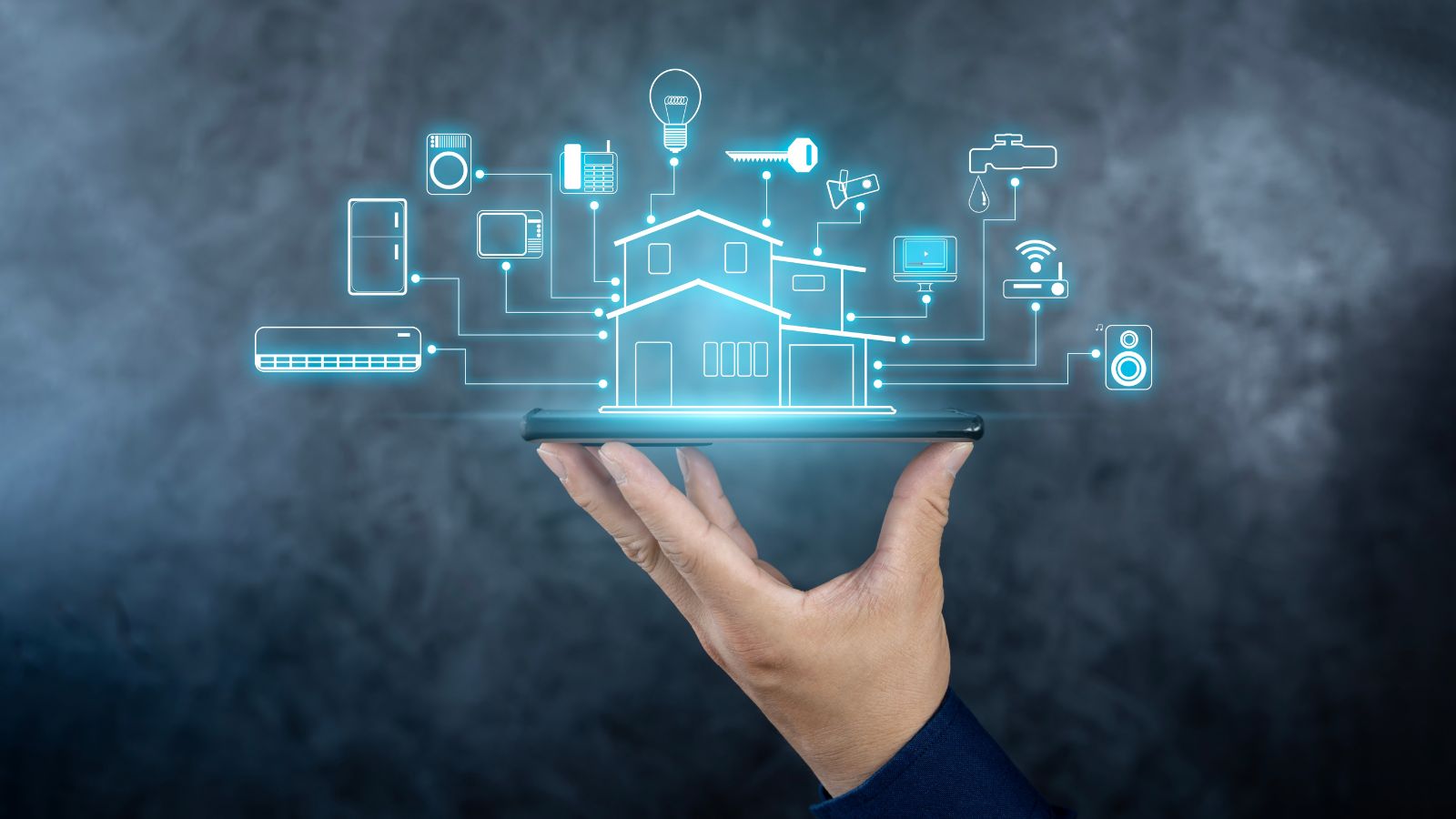
People may feel less in control when smart technology takes over routine chores. Automated systems that make decisions for you, such as controlling lights or temperature, may make it harder for you to run your home independently.
Conclusion
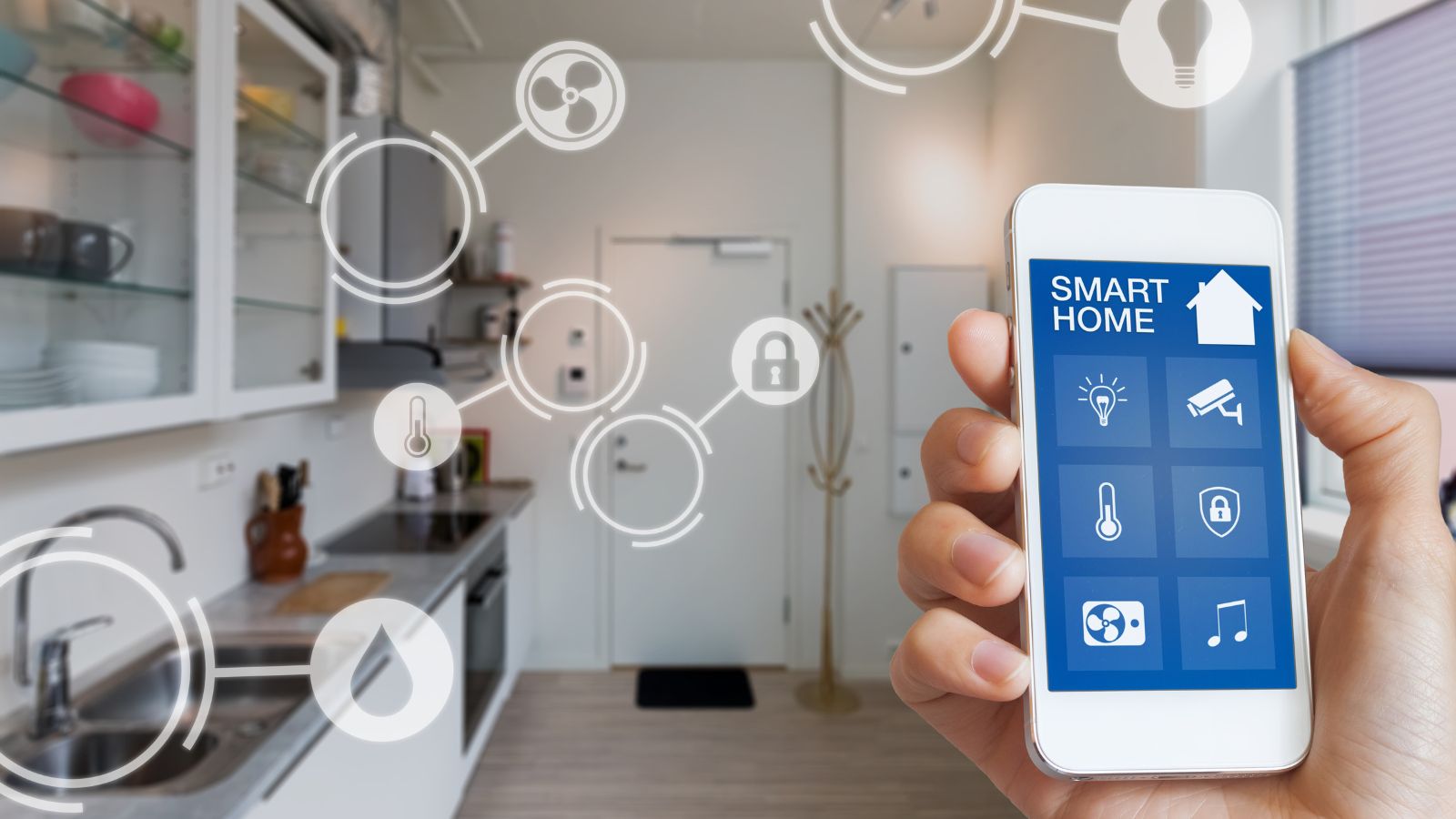
Unquestionably, smart home technology is innovative and convenient, but excessive use of it can have unintended consequences that affect privacy, security, and independence.
25 Countries Predicted to Become Economic Superpowers in the Next 20 Years

The strength of an economy plays a crucial role in various international policies about trade and relations. Certain factors determine the strength of an economy, including population growth, availability of resources, and development and advancement. Here are 25 countries predicted to become economic superpowers in the next 20 years
25 Countries Predicted to Become Economic Superpowers in the Next 20 Years
